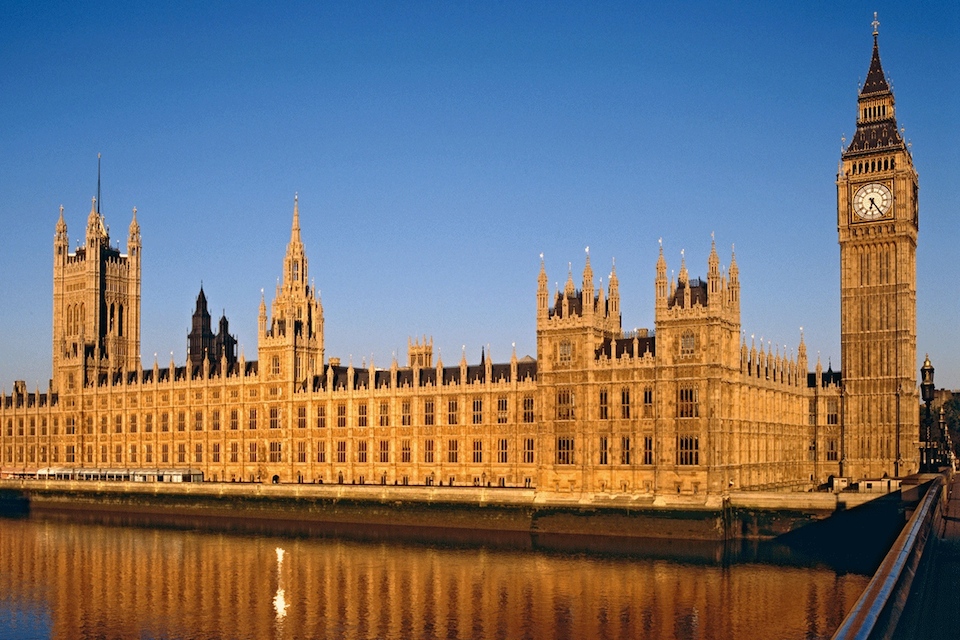Written Ministerial Statement: 'On-the-runs' scheme
A statement by the Secretary of State for Northern Ireland updating Parliament on the administrative scheme to deal with so-called OTRs

On Tuesday 25 February I laid before the House a statement relating to the High Court judgment in the case of John Downey. I would now like to update the House on the administrative scheme set up by the previous government to deal with so-called ‘on-the-runs’ (OTRs).
On coming to office in May 2010 the government was made aware of a list of names submitted by Sinn Féin to the previous government under an agreement they had reached to clarify the status of OTRs.
These were people living outside the United Kingdom who believed that if they returned they would be wanted by the police for questioning in connection with terrorist offences committed before the Belfast Agreement.
Under the scheme the police, and in some cases the Public Prosecution Service, checked whether sufficient evidence existed in each case at that time for these individuals to be questioned, arrested or prosecuted if they returned to Northern Ireland or any other part of the United Kingdom.
If it was found that they were not wanted by the police and that there was no prospect of any prosecution based on the evidence then available, the individuals were informed of that fact by letter from a Northern Ireland Office official.
The letters did not amount to immunity, exemption or amnesty from arrest. The letters made this clear. That remains the case. No recipient of such a letter should be in any doubt that if evidence emerges after the date the letter was issued, in connection with terrorist offences committed before the Belfast Agreement, they will be liable for arrest and prosecution.
It was on this basis that the current government in May 2010 agreed that the list of names submitted by Sinn Féin to the previous administration could continue to be checked.
If at any time we had been presented with a scheme that amounted to immunity, exemption or amnesty, we would have stopped that scheme – consistent with the opposition of both coalition parties to the previous government’s Northern Ireland (Offences) Bill in 2005.
We believe in the application of the rule of law and due process, regardless of whether a person is in possession of a letter or would be eligible for early release under the terms of the Belfast Agreement.
We will take whatever steps are necessary to make clear to all recipients of letters arising from the administrative scheme, in a manner that will satisfy the Courts and the public, that any letters issued cannot be relied upon to avoid questioning or prosecution for offences where information or evidence becomes available now or later.
In light of the error identified in the case of John Downey, the Prime Minister announced on Thursday 27 February that he would appoint a judge to provide an independent review of the administrative scheme.
The aim of the review will be to produce a full public account of the operation and extent of the administrative scheme for OTRs; to determine whether any letters sent through the scheme contained errors; and to make recommendations as necessary on this or related matters that are drawn to the attention of the Inquiry.
The person conducting the review will have full access to all government papers about the operation of the scheme. They will be free to interview key individuals in the civil service and the police and any others where those individuals are willing.
The report should be provided to me by the end of May 2014 for the purpose of its full publication.